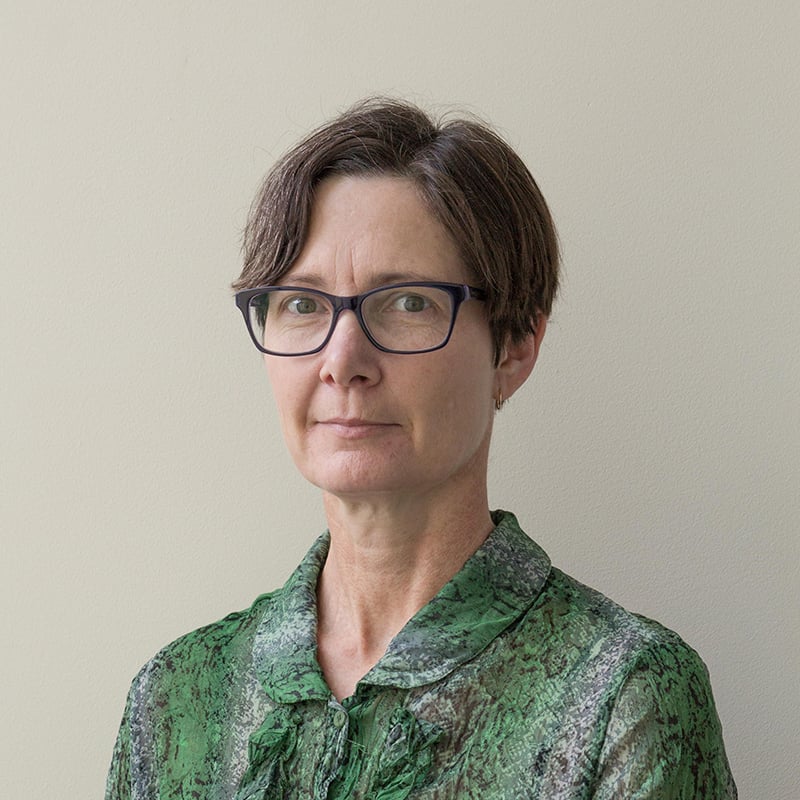Genetic and rare disease affect more than 190,000 Western Australians, including 63,000 paediatric patients, with a genetic basis contributing to over 80% of cases.
Accordingly, genetic rare diseases have been identified as a public health priority.
Next Generation Sequencing has now been implemented in WA as the diagnostic method of choice for rare diseases, and this identifies potential disease-causing genetic variants. Where the genetic variant (gene mutation) has been previously determined to be disease causative the patient can receive a diagnosis. However, in the majority of rare disease patients the genetic variant is novel and therefore requires laboratory validation to achieve patient diagnosis.
Currently genetic variant validation is done in an ad hoc fashion where specialist laboratories must be sought for functional testing of genetic variants. Accordingly, this process is lengthy and the current time to rare disease patient diagnosis is over 5 years, if a diagnosis can be achieved at all.
At The Kids Research Institute Australia the Translational Genetics team is focussed on creating a pipeline to fast track rare and genetic disease gene mutation analysis. The team utilises a combination of gene editing, inducible pluripotent stem cell disease modelling (neuronal, cardiac, lung, and other), in combination with functional genomics to provide the molecular data that makes patient diagnosis possible. Research is aimed at the rapid analysis of genetic variants of uncertain significance in rare disease patients, and the identification of disease-specific treatment strategies. This important work contributes to better alignment of rare disease patients with appropriate healthcare services, reduced patient isolation, and facilitation of community connections to improve the daily lives of rare disease patients and their families.
The team works in close collaboration with Computational Biology at The Kids Research Institute Australia, and with geneticist clinicians, clinical genetic counsellors, and rare disease consumer groups.
In other studied the team collaborates with researchers in the Cancer Research Program at The Kids Research Institute Australia in Type I interferon, cancer, and gene editing studies.
Team leader

BSc (Hons), PhD
Team members (6)

Nicole Shaw
Post-doctoral scientist

Catherine Forbes
Research Assistant

Kathryn Farley
Research Assistant

Saraya Harrison
PhD candidate

Emma Kuzminski
Honour’s student

Jasmin Htun
Honour’s student
Translational Genetics projects
Featured projects
CRISPR gene editing and stem cell disease modelling: a new path to genetic and rare disease patient diagnosis

